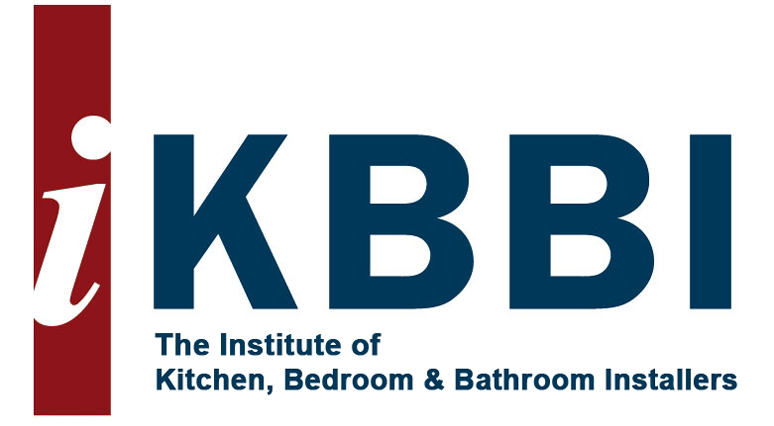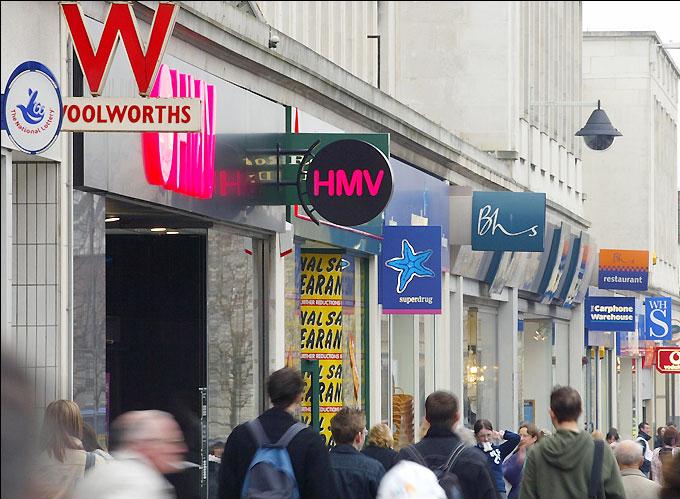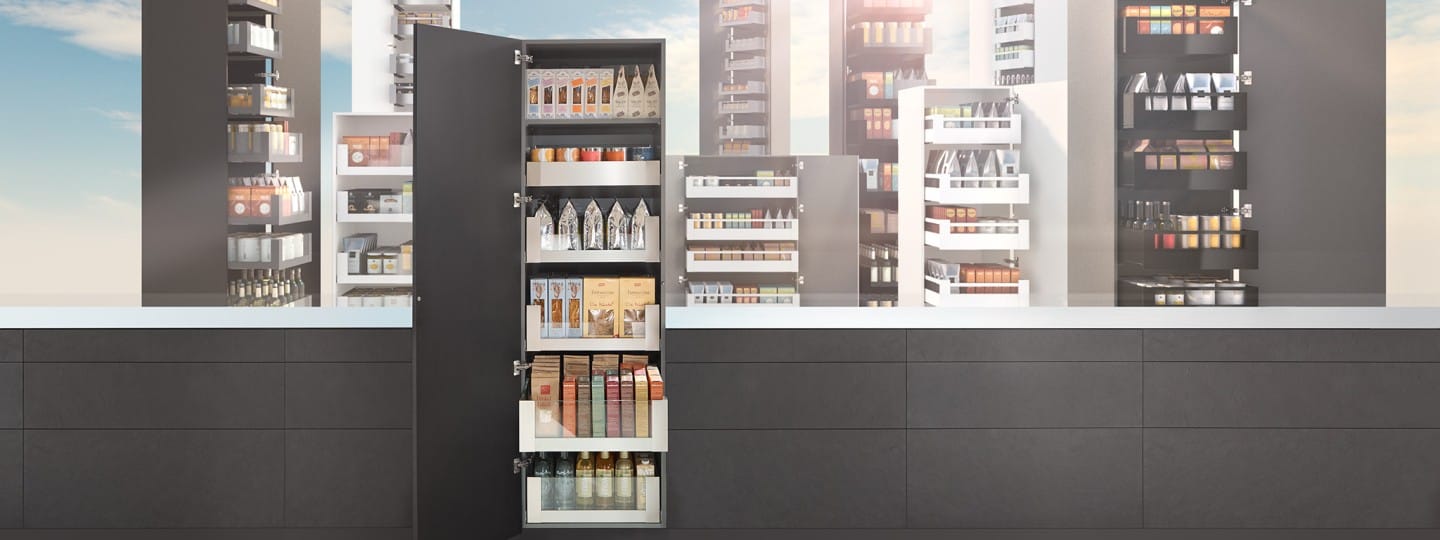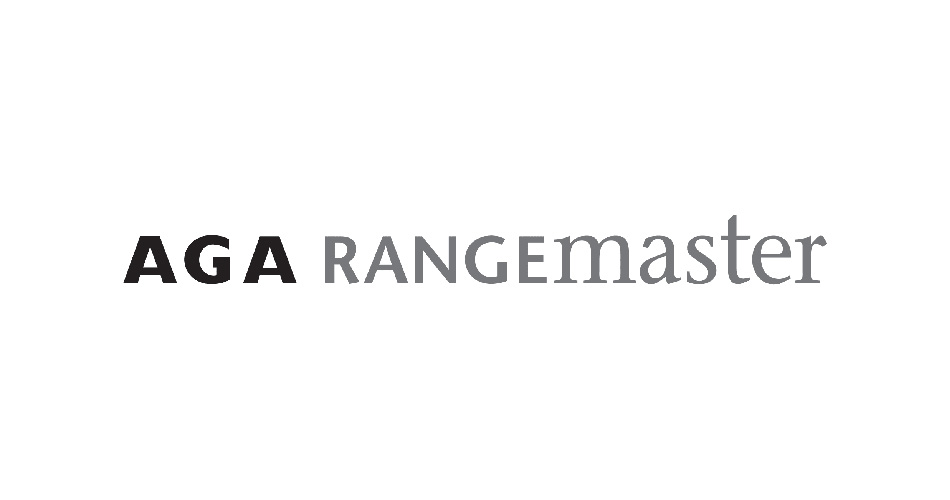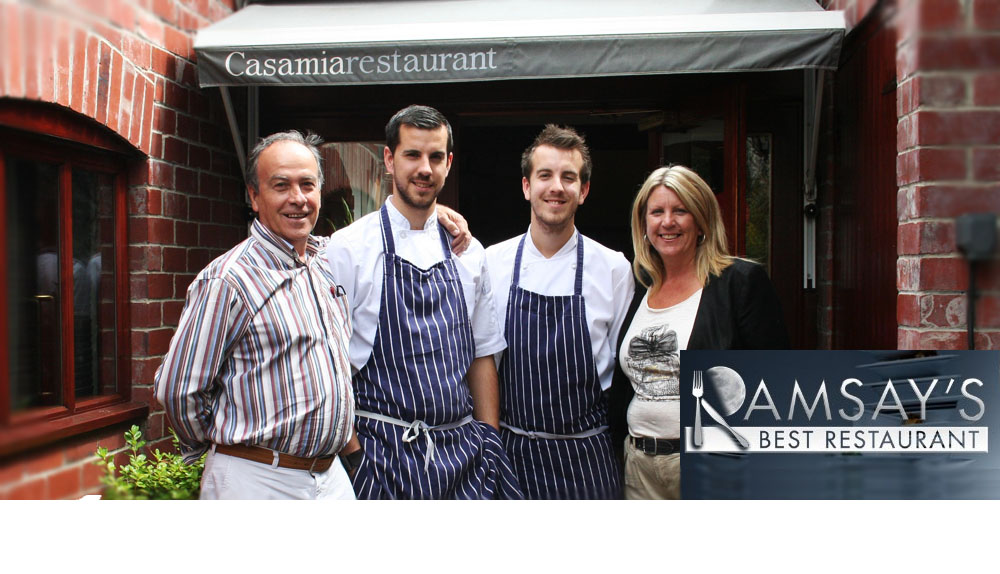A number of reports have been released to support the belief that the Kbb sector growth is quite real, albeit as a consequence of construction activity versus homeowner led improvements.
Much to the chagrin of Kbb consumer retailers versus those to the commercial sector the report 'The UK fitted kitchen market' maintained that a pattern of growth was evident in 2018. According to the 2019 edition of JKMR’s Overview Report, this allowed the kitchen market size to exceed £4.2bn due to a 3% rise in product income at client buying price.
However, JKMR noted that value growth was “driven by product choice continuing its shift to more sophisticated options” in the independent and new build sectors alongside price rises driven by external factors –and “not any meaningful growth in kitchen installations”.
The report only confirms what many Kitchen Bedroom and Bathroom (Kbb) independent retailers have been expressing for some time, in that whilst there are some still doing more business than last year, for the vast majority, activity and revenues are down.
The report has highlight “considerable differences” in performance for major retailers, with Howdens performing well while other large retailers saw KBB sales decline. JKMR has forecast that the “traditional DIY multiples” in the overall fitted kitchen market will “continue to lose share to Wren”.
In terms of independent retailers, the sector remains the single largest in terms of market value, but activity in terms of installation numbers declined in 2018, and is expected to fall further in 2019, JKMR noted.
The research firm added that while market value is expected to rise despite fewer installations, the pressure on margins is “likely to become intense”. The report also provides an in-depth analysis of the outlook for the fitted kitchen market in 2020 in the face of current political and economic uncertainty.
Revenue in the UK kitchen manufacturing sector have expanded during the past five years, aided by the rise in residential building construction activity.
Whilst german kitchen brands such as Nobilia, Schuller and the like remain popular amongst middle to high income homeowners imports satisfy less than 12% of domestic demand and exports generate less than 3% of revenue.
The contract kitchens market however whilst largely dominated by Howdens, Magnet and Wren has seen continued growth as the UK construction industry remained buoyant with combined revenues in excess of £2.1bn.
However whilst it has been noted that the rate of growth has slowed since 2016, inflationary forces have continued to outstrip wage increases, meaning workers in the kitchen sector are becoming worse off.
With the excess of employees from recently collapsed Kbb brands oversupplying the Kbb demand for labour further uncertainty has clouded the UK economic environment with ongoing Brexit negotiations proving to be very challenging for the sector
Whilst the Kbb sector saw a 9% increase in size (to 2015) since, the rate of growth has slowed annually thanks to Brexit and economic uncertainty which are adversely affecting consumer confidence and homeowner expenditure on big-ticket items such as kitchen refurbishments with forecasts showing that annual growth is expected to only “moderately” increase in the next few years.
